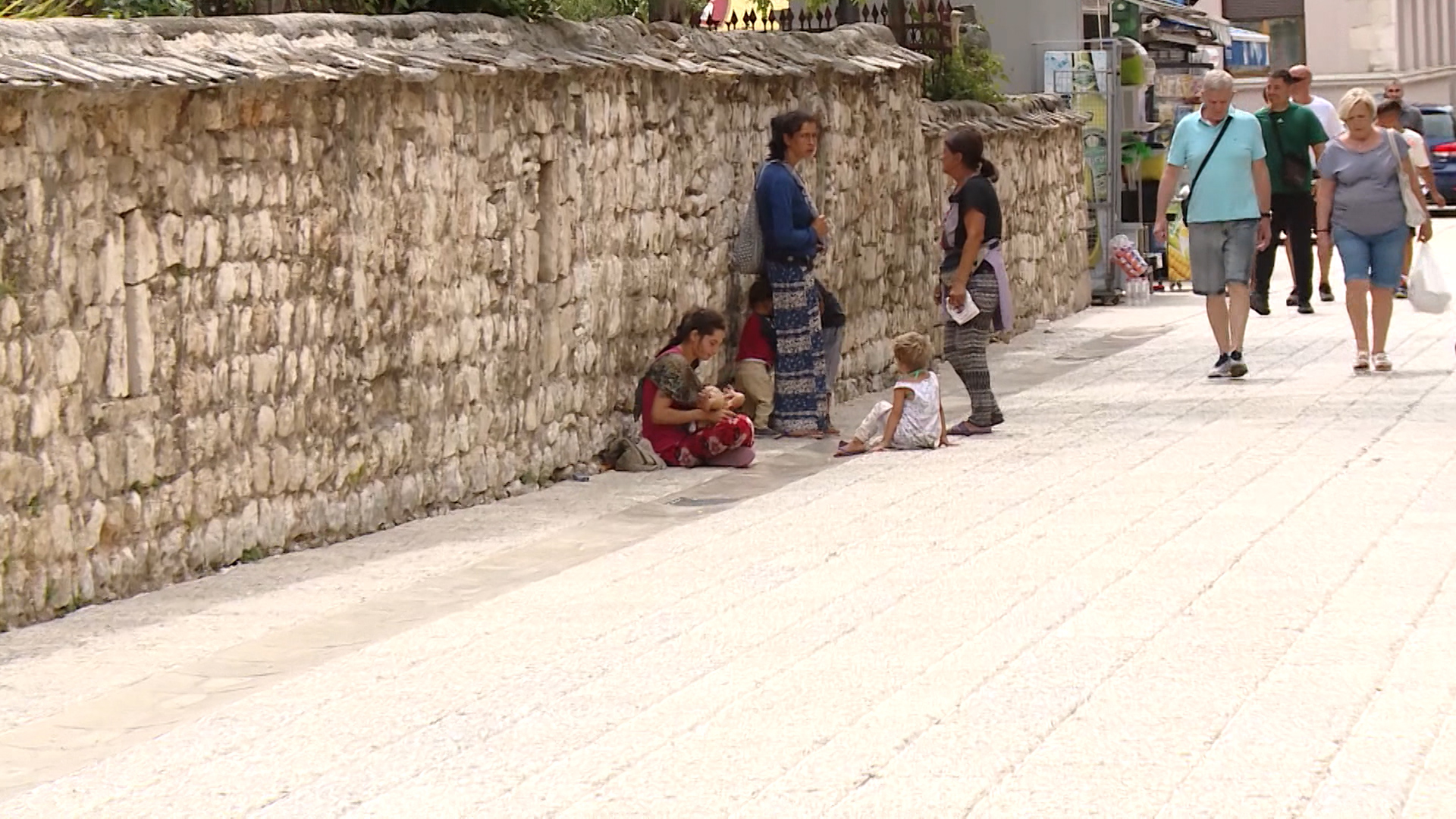
Bosnia and Herzegovina is affected by crimes related to human trafficking, specifically forced child labour and begging, sexual exploitation, domestic service, child pornography, and child marriage, World Vision BiH said Thursday, adding that traffickers prey upon domestic and foreign victims in the country, sometimes taking Bosnian victims to other countries.
As Larisa Klepac, the Director of World Vision BiH, confirms, “61 potential victims of human trafficking were registered in BiH in 2019, with 36 being children. We are deeply concerned about these children, especially since these numbers may not reflect the true scope of the problem given under-reporting and the relative invisibility of cases like forced child labour, child marriage and begging.”
Acting through two complementary projects, with the support of the United States Department of State and the Deutsche Gesellschaft für Internationale Zusammenarbeit (GIZ) - acting in on behalf of the German Ministry of Economic Cooperation and Development (BMZ) - World Vision BiH partnered with the Association Zemlja Djece and the Roma Information Center - Kali Sara to create a multi-sectoral approach that contributes to solving this insufficiently visible problem.
The organisation said that they and their partners are taking critical steps to address trafficking. The development of a protocol for dealing with cases of begging, vagrancy, labour exploitation, and other forms of child abuse at the municipal and regional level in Bosnia, as well as improving access to mobile teams for the identification of (potential) victims of trafficking in the Western Balkans, are among these, they added.
In cooperation with their partners, World Vision BiH is also working to strengthen the identification and resilience of (potential) victims of trafficking, empower representatives of the Roma NGO sector, increase their involvement in the referral mechanism to combat trafficking, and generally raise awareness of this phenomenon.
“We need a decisive, coordinated effort and greater investment by the actors involved, but also increased education and the involvement by the local community and the general public to better address this devastating the problem,” Dragana Bulic, a Project Manager for World Vision BiH noted.
Kakvo je tvoje mišljenje o ovome?
Učestvuj u diskusiji ili pročitaj komentare





 Srbija
Srbija
 Hrvatska
Hrvatska
 Slovenija
Slovenija







